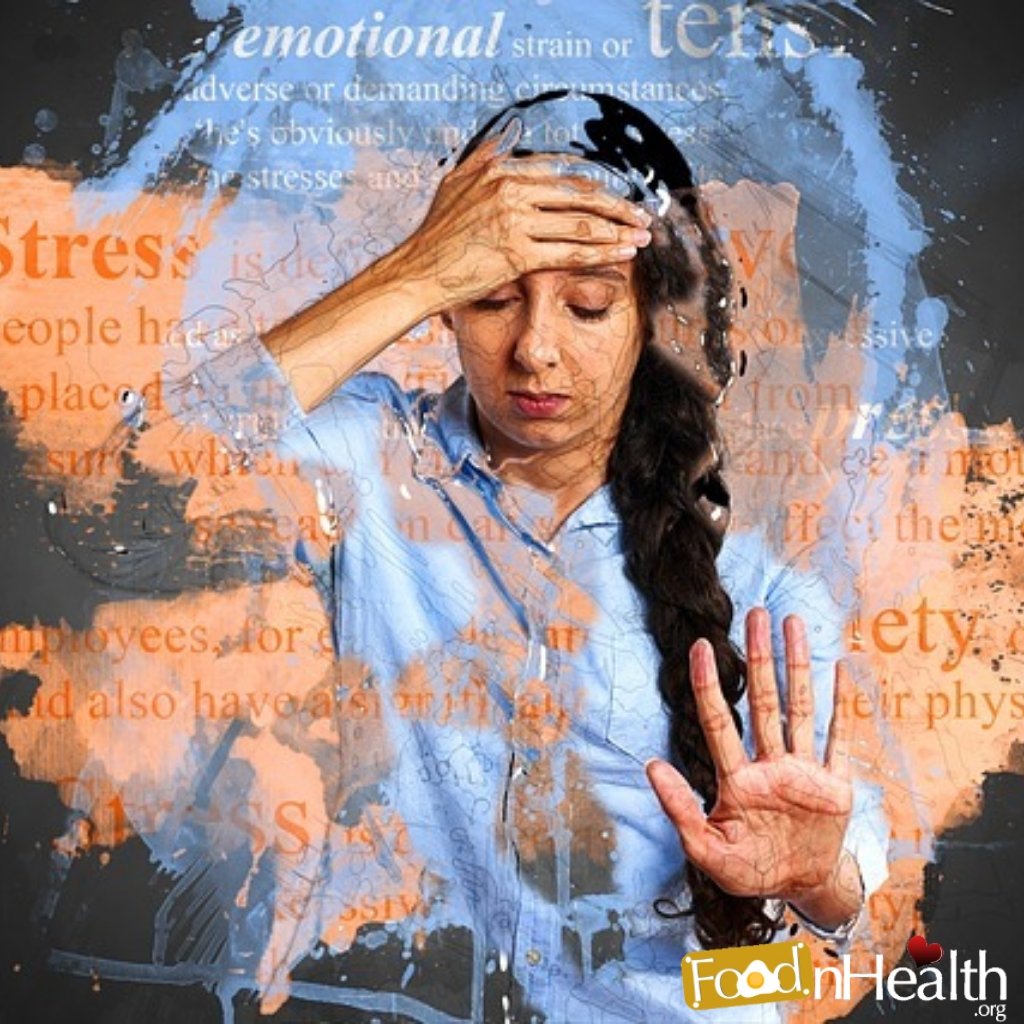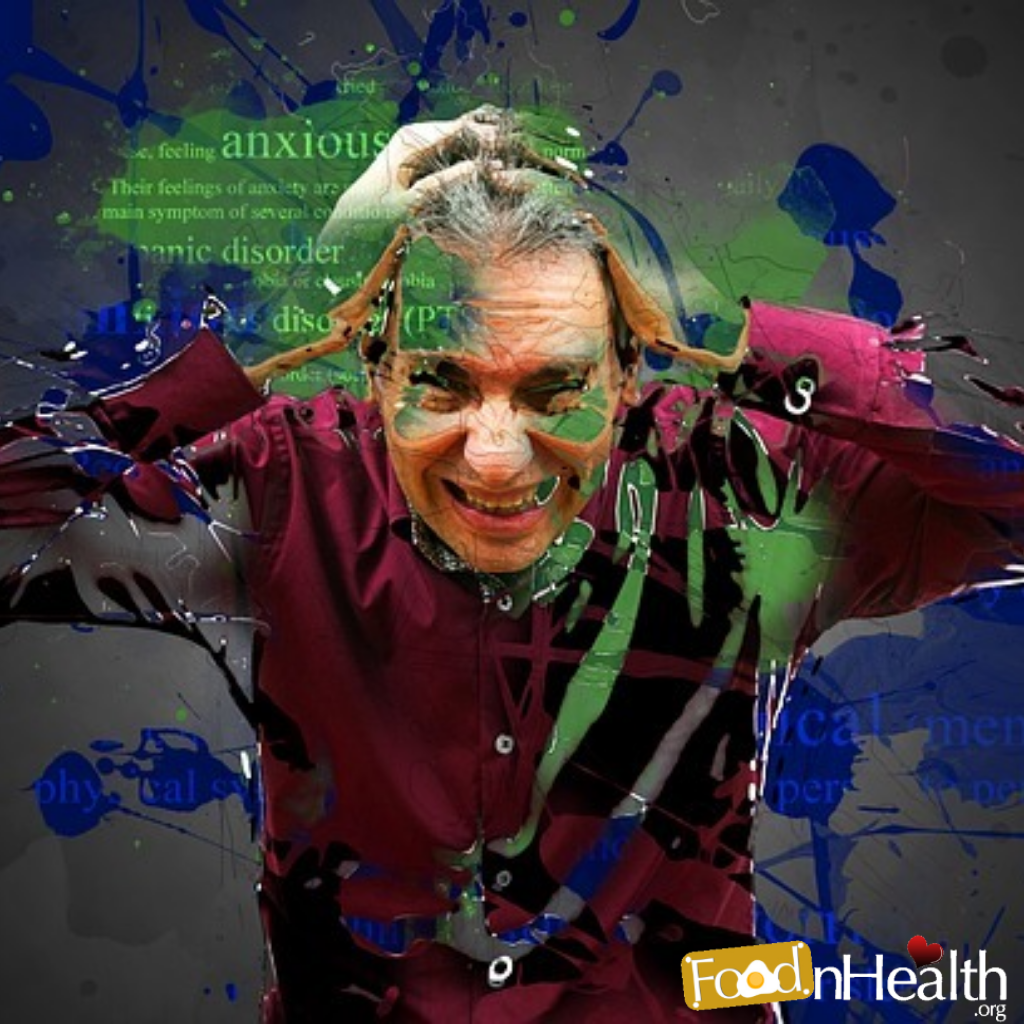All of us living in the modern world are lucky enough not to be experiencing the same living conditions that our prehistoric ancestors had to endure hundreds of thousands of years ago. As they had to defend themselves from larger predators in the wild back then, our forebears had to develop a fight or flight response which then eventually evolved into the emotion otherwise known as anxiety. But even as we aren’t being eaten alive by large predators anymore in this day and age, you may still experience anxiety from time to time, most especially whenever faced with certain stressful situations. To help you cope with anxiety a bit easier, here are some key ways to apply to yourself:
Take long, deep, and focused breaths
When you’re experiencing anxiety, your breathing becomes shallow and rapid which is your body’s way of telling you that you’re in danger even if most anxiety-inducing situations aren’t even the type that can kill you.

To prevent your anxiety from manifesting itself physically, you can focus on your breathing and turn each breath that you take into a long and deep one.
Instead of breathing regularly, you should inhale and count up to five, do the same while exhaling, and then repeat until you feel calm and you don’t feel anxious anymore.
Get as much sleep as possible
With the demands that today’s society is placing upon each of us, it might be safe to say that some people – most especially those who have to work more than one job in a day – treat sleep as more of a luxury than a basic need. But if you’re prone to experiencing anxiety, having little to even no sleep at all can easily succumb to stress and other risks that can cost you your health and even your life.
Thus, whenever you can, you should strive to get the typical eight hours of sleep each day and no less than that. You’d be surprised at how getting the right amount of sleep in a day can make you feel refreshed and energized to face any stressful situation head-on.
Cut down on both caffeine and alcohol intake
You might initially think that drinking coffee or any alcoholic beverage can ease your anxiety and panic attacks. However, taking in too much caffeine and alcohol into your system does the exact opposite as these substances make your heart beat faster and pump more blood which can then worsen your panic attacks instead of calm you.
So whenever you’re feeling anxious, it’s best to stick to drinking water or juices instead. Or if you feel like your life isn’t complete at all without any coffee or alcohol, you should limit your caffeine and alcohol intake to levels that won’t send you panicking whenever faced with an anxiety-inducing situation.
Plan how you want to deal with whatever’s giving you anxiety
Some people successfully ward off any anxiety they feel whenever faced with a stressful situation by coming up with solutions on the fly.

On the other hand, your mind may be going blank after experiencing an anxiety-inducing situation.
Instead of trying to come up with on-the-spot workarounds to situations that give you anxiety, you can deal with it in advance. This will help you not worry about anything once the anxiety-inducing situation in question presents itself to you.
If you have to speak in front of an audience, for example, you should rehearse your speech days or even months before the date of your speaking engagement itself.
Do the best that you can if you’re doing something for the first time
Your anxiety may be a result of your desire to make each of your moves as perfect as possible, especially when doing something that’s completely new to you. However, too much planning for perfection for an activity that you haven’t done before may, in fact, cause you to commit too many mistakes that can get you easily spiraling into frustration.
Instead of trying to do something 100% right for the first time, you should simply give your best effort and congratulate yourself regardless if you’ve perfected it – which you can chalk down to beginner’s luck – or not. After all, you can always try doing it again as even those who have become excellent at it had to fail countless times before reaching where they’re at now.
Think and act positively
You may also be feeling unnecessarily anxious because you’ve let negative thoughts conquer your mind. Instead of constantly dwelling on what might happen if you do something wrong, you should start reframing your mindset by thinking of nothing but positive outcomes for every situation that’s giving you anxiety. At first, this can be hard to do, but with help and time, you can look at situations positively.
You’d be surprised at how the power of positive thinking can turn things that you once thought to be impossible into ones that you can do even with your eyes closed. But of course, you simply shouldn’t rely on positive thinking alone as you’ll have to follow that up with positive actions as well.
Conclusion
According to the World Health Organization, as of 2015, more than 260 million people all over the world are grappling with an anxiety disorder. This shouldn’t be confused at all with anxiety itself. After all, experiencing anxiety is fine as long as you can cope with it a bit easier with the help of the above-listed tips. However, if your anxiety is already getting in the way of your life, you may already be suffering from an anxiety disorder in which case you might need to consult a mental health professional like a psychologist at Psychologists Southern Sydney as soon as you can.























